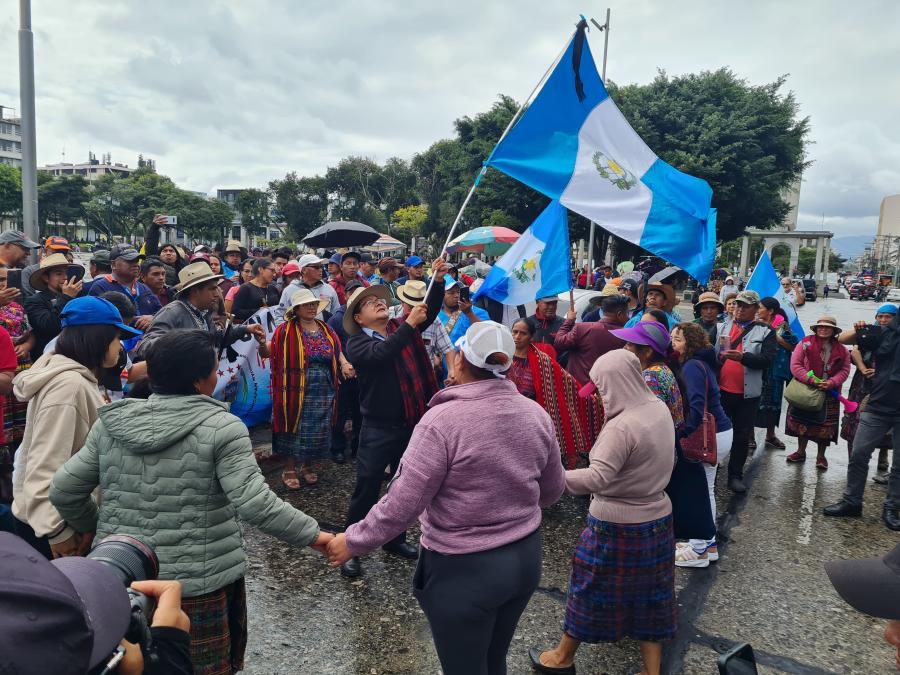Edward F. Fischer and Carol Hendrickson’s new ethnography, Tecpan Guatemala: A Modern Maya Town in Global and Local Context, transcends the boundaries of traditional anthropological case study. They craft neither a romantic story of a victimized Maya progeny nor an esoteric and completely case-specific study. Instead, Tecpan Guatemala’s postmodern content illuminates the existential ambiguities of individual Maya lives, giving the text a universal applicability, while the book’s structure situates the Maya experience within descriptions of national and global issues, making the subject easily accessible. Tecpan Guatemala can therefore benefit travelers, anthropologists, and social scientists alike.
Tecpan Guatemala is structured to gradually close in on the individual Maya experience. The first chapter is a general introduction to the life and land of Tecpan Maya today. The second chapter then provides an overview of Guatemalan history, and is highly informative for non-specialist readers. Fischer and Hendrickson focus on key moments that have affected Tecpan residents, and despite the authors’ apolitical stance, many of these events speak for themselves as condemnations of the horrific consequences of U.S. foreign policy in the region. The chapters zoom in on the details of Maya history, modern Tecpan history, competing regional worldviews, language and dress, and the changing Tecpan economy. Fascinating sidebars, which describe subjects such as the linguistic relativity hypothesis and magical realism, color the text.
The style of Tecpan Guatemala not only broadens the reader’s knowledge and maintains interest, but is critical for developing the postmodern content. The geographical and historical background provides concentric layers of context for understanding the systematic pressures and cultural heritage that influence individual decisions. Yet amidst these themes, Fischer and Hendrickson are careful to constantly elevate Maya agency. They use interviews and stories to show how Maya have not only been oppressed, but have utilized new economic opportunities and cultural symbols to pursue their own interests.
Tecpan Guatemala is a masterful ethnography in form and content. The authors describe themes in Maya culture and elucidate the effects of political and economic systems. Yet they successfully balance system with individual; external forces with agency. Tecpan Guatemala can be read widely for pure human interest and as a guide for any ethnographer who wants to write an intelligent case study that holds appeal outside the anthropological world.
Joshua Levin is a freelance journalist in Asia.



